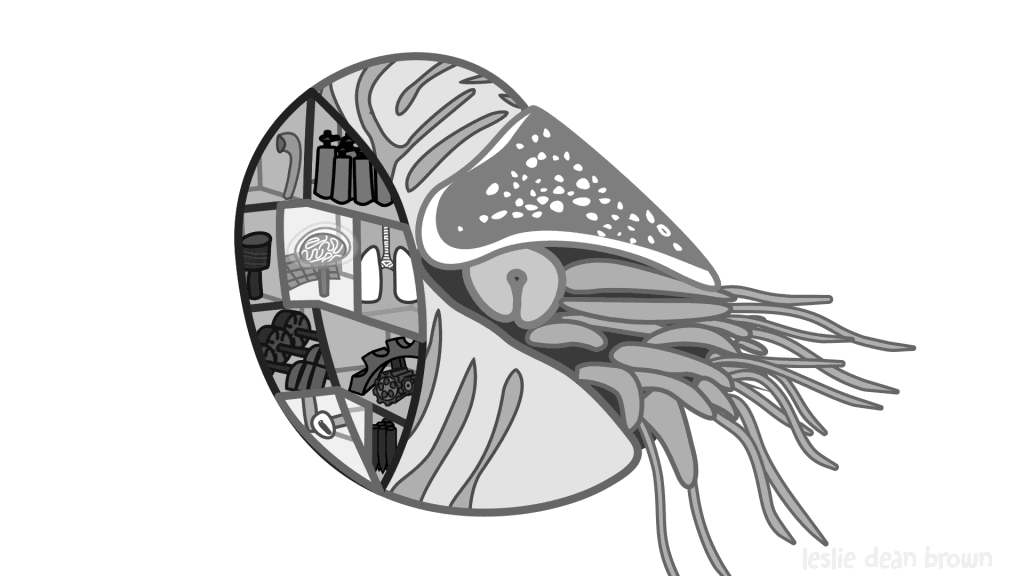What exactly are working towards?
Is the ultimate goal happiness? Or just to survive? Or something else?
This seems to be a popular question on the quora and TED forums. I’m sure most people don’t even stop to think about it.
It seems strange that your average doughnut factory has more of a business plan than the whole of humanity.
I think it’s because there seems to be some unspoken notion that at the rate we are going we won’t really even last more than about 300-500 years, let alone 50,000 or more years. So why bother thinking about it?
Talking about our long-term future is almost a taboo subject with some people. Why is that? Is it because we have no fucking idea at all what we are doing? Is that it? Are we embarrassed? Is it because we already know that we are ‘doomed’? No? Then, what?
If we are going to survive, I think it is worth thinking about. Otherwise you have to ask yourself “why are we working so hard now?” What’s the point of it? If we’re all so doomed already, why do we bother still going to work forty or more hours a week? Eh?
So we must be working towards something. We just don’t collectively know what it is (yet). And note that I’m not talking about an ‘afterlife’. I’m talking about what will become of humanity, the world, in one million years’ time.
Assuming something terrible doesn’t happen, wouldn’t it make sense to have a “humanity plan” that we can all refer to? A humanity plan might even give us a reason to avoid WW3, WW4 and WW5. A reason to exist.
We don’t really know what we are doing let alone why we are doing it. People are feeling lost, hopeless and depressed. I think that’s why there were so many volunteers on that Mars one space mission.
The hugely controversial Dutch-based Mars One mission has admitted that only 4,227 people actually completed its application form properly, rather than 200,000 … 202,586 applicants registered their interest online in 2013.
I think the first thing we need to do is not let go of our hope. Because that’s what most people [adults] tend to do in fairly hopeless situations, isn’t it? They lose hope and then they give up. I think we need to try to remain optimistic about the future. Hope is what normally keeps us going. Hope is what motivates people. So let’s start by hoping for a better future, not a worse one. I personally think that there is hope. Not a lot of hope, but maybe –perhaps– just enough.
Hope starts with an idea. A dream, if you will. Visionaries inspire us all. Because now is the time to choose. Are we even working towards the same goal?
I ask google and the people who are asking these questions are individuals. Not governments, but individuals. Shouldn’t there be some kind of a long-term “mission statement” for each country?
Even the ancient Egyptians had more of a plan… build pyramids…
I think we need a one year plan. A ten year plan. A hundred year plan. A thousand year plan. A ten thousand year plan. A hundred thousand year plan. A million year plan. It surprises me that our entire civilisation is wandering almost completely aimlessly through time.
For example, do we want to be so addicted to technology? Won’t we become a bit borg-like if we continue unabated down that path? Is it even sustainable? Can we even know? Do we need to know? Can we still have a plan that encompasses future discoveries and inventions?
To answer this question, I think we need to ask ourselves a very important question: What de we want to become? What makes us happy? If we didn’t have to work, what do we want to do in our spare time? As soon as we know that we will know how we are going to get there.
What do you, the reader, think the goal(s) of humanity should be?

